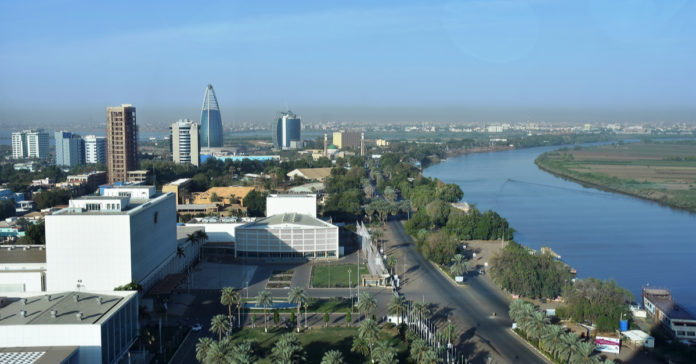Sudan’s Prime Minister Abdalla Hamdok has told U.S. Secretary of State Mike Pompeo that his government has no mandate to normalise ties with Israel and that any such move would come after a transitional period.
“The Prime Minister clarified” to Pompeo “that the transitional period in Sudan is being led by a wide alliance with a specific agenda – to complete the transition, achieve peace and stability in the country and hold free elections,” Sudan’s government spokesman Faisal Saleh said in a statement on Tuesday.
It “does not have a mandate beyond these tasks or to decide on normalisation with Israel,” Hamdok was quoted as saying.
The transitional government, which took power last year after former longtime leader Omar al-Bashir was ousted by the army following mass protests, is set to remain in office until elections in 2022.
The comments came shortly after Pompeo arrived in Khartoum on Tuesday, directly from Israel.
Ahead of the tour, the State Department had said Pompeo would discuss “continued U.S. support for the civilian-led transitional government and express support for deepening the Sudan-Israel relationship.”
But Hamdok urged the U.S. not to link “the subject of lifting Sudan from the State Sponsors of Terrorism list and the subject of normalisation with Israel.”
Subscribe to our newsletter and stay updated on the latest news and updates from around the Muslim world!
Both Sudan and Israel have already taken a series of steps to forge ties, despite some mixed messaging from Sudan.
Israeli Prime Minister Benjamin Netanyahu met Abdel Fattah al-Burhan, head of Sudan’s sovereign council, in Uganda in February and later announced that the two leaders had agreed to cooperate towards normalising ties. But Sudan’s cabinet later denied that Burhan had made such a promise.
More recently, Sudan’s foreign ministry spokesman Haider Badawi indicated Sudan could favour normalisation, but Foreign Minister Omar Qamareddin then said the issue had “never been discussed by the Sudanese government” and promptly fired the spokesman.
The coalition of parties and civil society groups that led the Sudan protest movement, the Forces of Freedom and Change, argued on Tuesday that the government has “no mandate” to normalise ties with Israel, pointing to “the right of Palestinians to their land and to a free and dignified life.”
Sudan has been on Washington’s state sponsors of terror list since 1993 because of its earlier support for and the presence of jihadists, including Osama bin Laden, who lived there in the 1990s before heading to Afghanistan.
While the U.S. lifted a 20-year trade embargo against Sudan in October 2017, it kept the country on its list of state sponsors of terrorism, and Khartoum has been lobbying hard to have that designation lifted.
The Pompeo visit comes as Sudan is in deep economic crisis, hit by the long years of U.S. sanctions and the 2011 secession of the country’s oil-rich south.
Grappling with high inflation and the coronavirus pandemic, the country badly needs more foreign assistance and investment, but that is constrained by the state sponsor of terror designation.
The United Nations says more than 9.6 million people – almost a quarter of Sudan’s population – are suffering severe food insecurity.


















